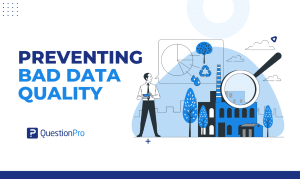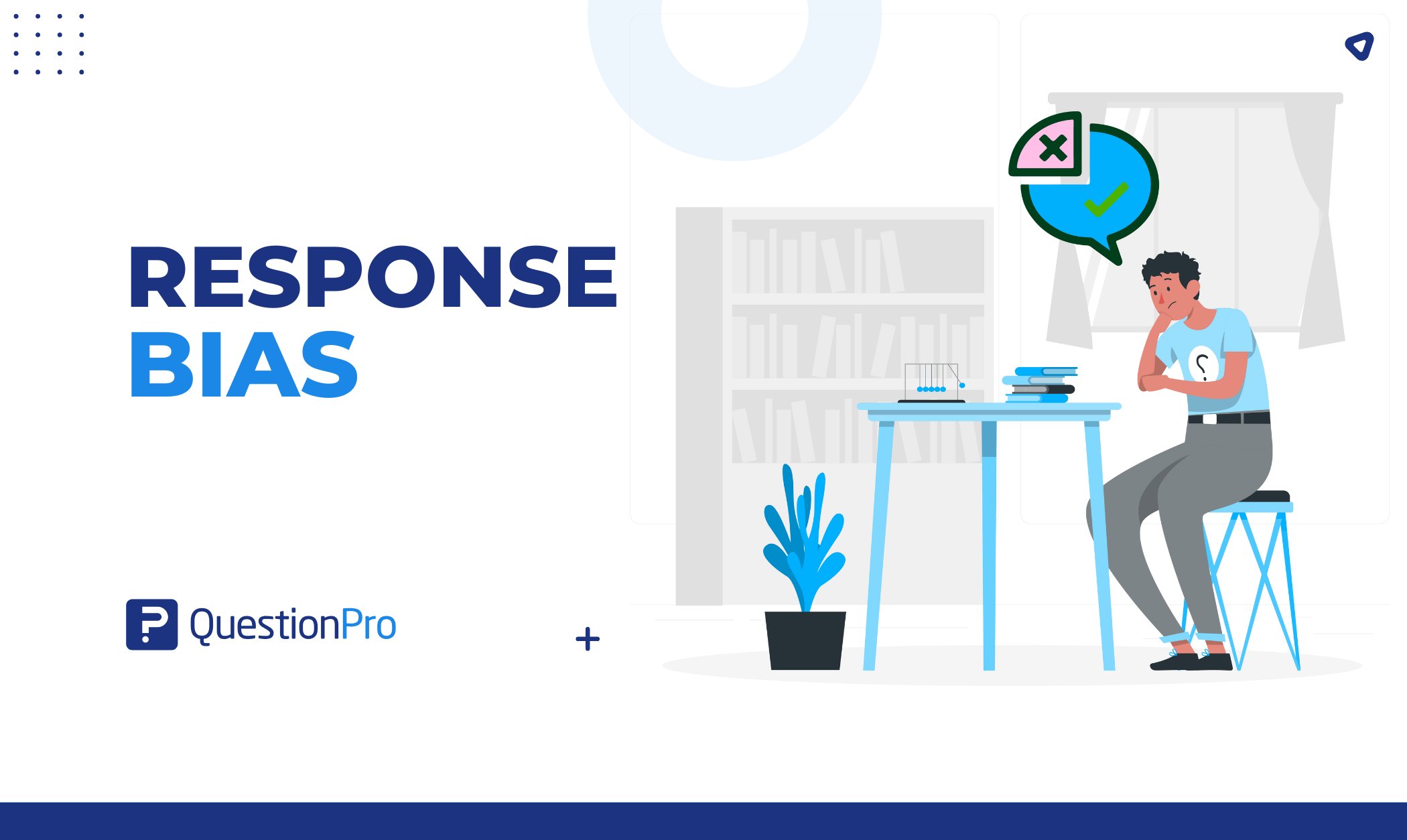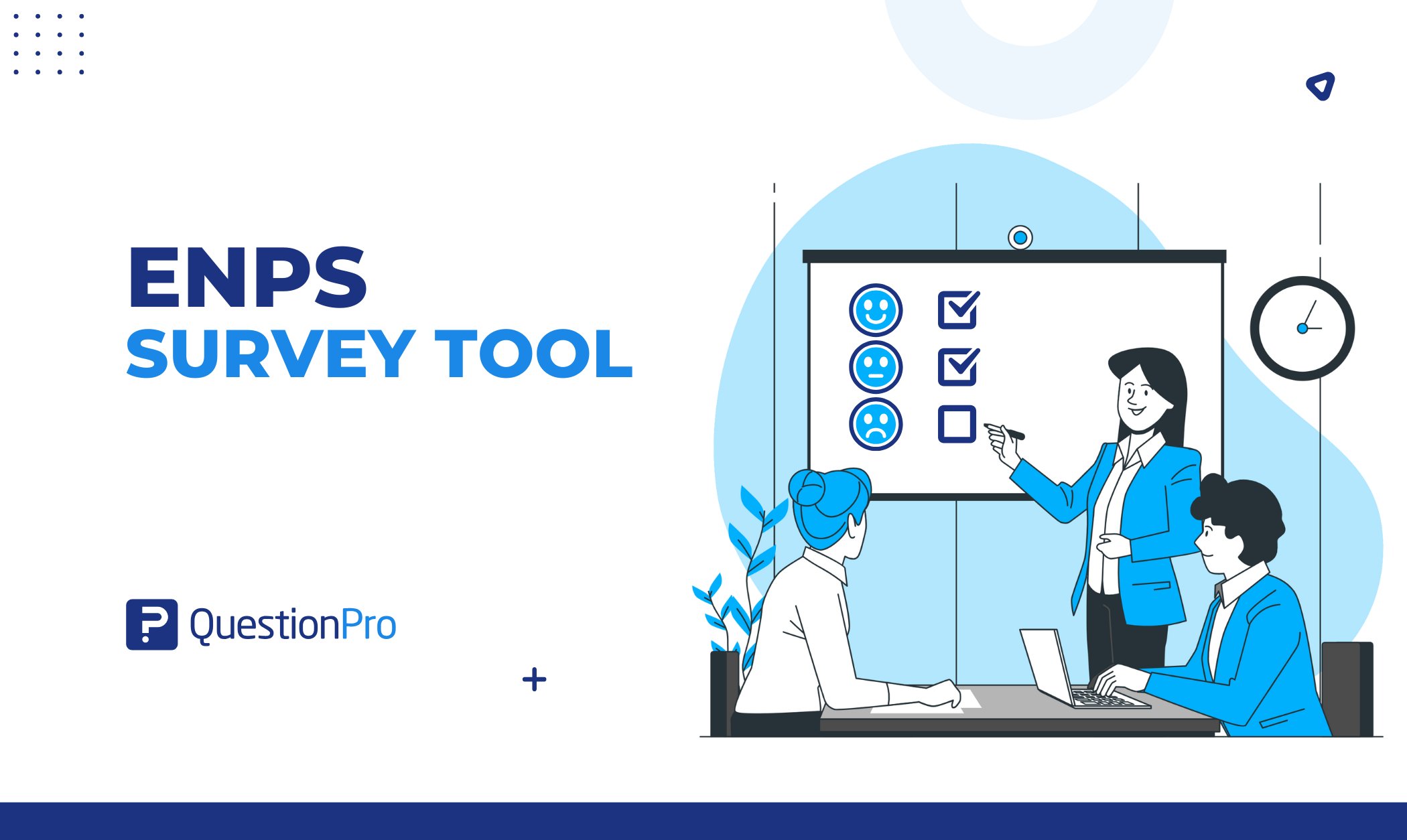
What is a voluntary response sample?
A voluntary response sample is defined as a type of sample made up of self-chosen participants. These participants volunteer to take part in different research studies to share their opinions on topics that interest them.
A voluntary response sample is made up of persons who volunteer to take research surveys. These persons choose to respond to surveys because they may have a particularly strong opinion towards the subject or due to the convenience of joining the sampling research study and ethical reasons. Participants opt to make up a voluntary response sample.
LEARN ABOUT: Sampling Frame
In stark contrast to random sampling, voluntary sampling yields a response bias as members are self-selected. The responses received through this type of sampling are commonly biased towards a particular topic. It is a type of non-probability sampling.
Uses of voluntary response sampling:
Frankly, this type of sampling method is not useful in many cases when the study conducted is of high importance, or big decisions have to be made based on the outcome of the results. The result of the study only reflects one aspect of the whole story. You are better off by applying random sampling. This method, however, may be deployed by TV show hosts or radio show hosts who want to affirm their opinion on a specific topic or topics where the volunteers also tend to lean towards the same idea as to the survey host.
An example of this method is when questions about evolution are asked to viewers/followers of a religious tv show. Their answer will always be based on the influence of the TV show, and they put away ideas of evolution even though there is ample scientific proof to back the theory. The outcome here is biased, unreasonable, and unusable in the real world.
LEARN ABOUT: Respondents in research
With everything said and done, there is hope and scope for adopting voluntary response sampling to your study. Organizations use this method as a marketing tool to advertise their products all the time. Voluntary response sampling bias can help turn your existing customers into advocates of your brand, thereby potentially increasing your brand awareness and also the revenue and sales of your product.vVoluntary response example:
Polling through call-in radio shows is an ideal voluntary response sample example. Only a part of the population that listens to the particular radio station (and who chooses to answer by dialing in) participate in the poll. The responses collected do not accurately reflect the feelings of the entire population as only those people who choose to call in and take part in the study will bother to respond.
Voluntary response survey example:
A classic example of a voluntary response survey is American Idol, the singing competition television show created by Simon Fuller. Viewers get to have a say and vote for contestants via the mobile app, online, or via text. But viewers can vote more than once. Every week the voting window opens, viewers can vote up to ten times per voting method. Which means, one viewer is allowed to vote 30 times each week. This results in survey bias as the votes (answers) do not represent the population.
Characteristics of a voluntary response sample
Often, we come across surveys on social media regarding topics like ‘gun control,’ ‘abortion,’ ‘immigration policies,’ ‘police brutality,’ etc. The researcher does not directly contact the respondents to answer the survey. It depends purely on the individual’s willingness and awareness of the topic to participate in the study. The factors that encourage a person to respond to a survey are mostly – ease of responding, strong opinion about the subject, ethical reasons, etc.
The top 4 characteristics of a voluntary response sample are:
- Undercoverage: It occurs when most members of the population are not sufficiently represented in the sample. Only people who follow the talk show/ radio show/ TV show or those who belong to the community can take the survey. People who may have a different view or a neutral opinion about the subject may not be able to participate in the study as they do not follow the talk/radio/TV shows.
- Biased responses: Response bias occurs when sample members are self-selected volunteers, as involuntary samples. The respondents tend to answer questions based on strong opinions about the subject. A good sample is a representative, meaning each sample point represents the attributes of a known number of population elements. The result of the survey may not be accurate.
- Easy to gather data and access: Finding respondents for the survey is easy as persons who have a strong opinion about the subject tend to give their feedback about the topic. The individuals involve themselves as motivation is high regarding the issue.
- Errors in data quality: This goes without saying; responses will tend to lean towards a specific idea compromising the data quality and making the data received very biased and unusable.
LEARN ABOUT: Purposive Sampling
Tips to improve your voluntary response sample survey
A voluntary response sample, in most cases, will yield biased responses if the survey questions aren’t the right ones. The inability or absence of a desire to respond to questions correctly causes response bias. The reason being, respondents, already favor a specific type of outcome and will answer according to that outcome. If you are a researcher seeking quality, varied responses, always avoid this method. But if taking this approach is unavoidable, here are a few factors you must keep in mind to avoid bias as much as possible.
- Keep questions short and clear: Framing the right survey questions means avoiding response bias. Respondents are more likely to answer a clearly understood question compared to a long, complicated question.
- Avoid leading questions: While designing your questionnaire, avoid asking hypothetical questions. Also, avoid direct questions. For the question, ‘are you happy with the product or service?’, instead of giving a yes/no option, provide them with a variety of options to capture data more accurately. Example answer statements maybe – ‘I enjoy using this product/service,’ ‘This product/service meets my needs,’ ‘I wish I could get more out of the product/service,’ ‘The product/service is below my expectation.’
- Break down difficult concepts: To capture accurate data, break down, and simplify the questions for the respondent. Long questions cause fatigue and may not capture the actual feeling of the respondent.
- Provide simple, exhaustive answer options: As you do with simple, direct questions, keep the answer options simple too. Respondents will tend to answer questions better if they have straightforward options laid down in front of them.
- Use precise, straightforward language: Always avoid the use of difficult/high language in questions and answer options. Your respondent will choose the most accurate answer based on his understanding of the question and answer.
- Do not influence the answers: Never influence the answers. This will add no value to the study. You may receive many responses on your survey, but your approach will influence these answers and you will end up with irrelevant data.
Advantages of voluntary response sample
Here are the top advantages of surveying individuals using the voluntary response sample technique.
The advantages of a voluntary response sample are:
- A simple way to conduct a study
- Inexpensive
- Data easy to gather
- Easy to access
- Requires little effort by the researcher
- Has scope to provide rich, qualitative information
- Minimal effort required
- Can avoid sampling error
Research samples with QuestionPro Audience
QuestionPro Audience maintains a pool of 22 million+ survey respondents around the globe, who are pre-screened and mobile-ready to participate in various research activities. Many of these respondents sign up with us to share their thoughts on various topics that interest them. These respondents are profiled with over 300+ data points so that you can target the right respondents for your research study. Try QuestionPro Audience to help you come up with creative solutions for your business.







![[CX]-TCXT-closing-the-loop](https://www.questionpro.com/blog/wp-content/uploads/2025/06/CX-TCXT-closing-the-loop.jpg)